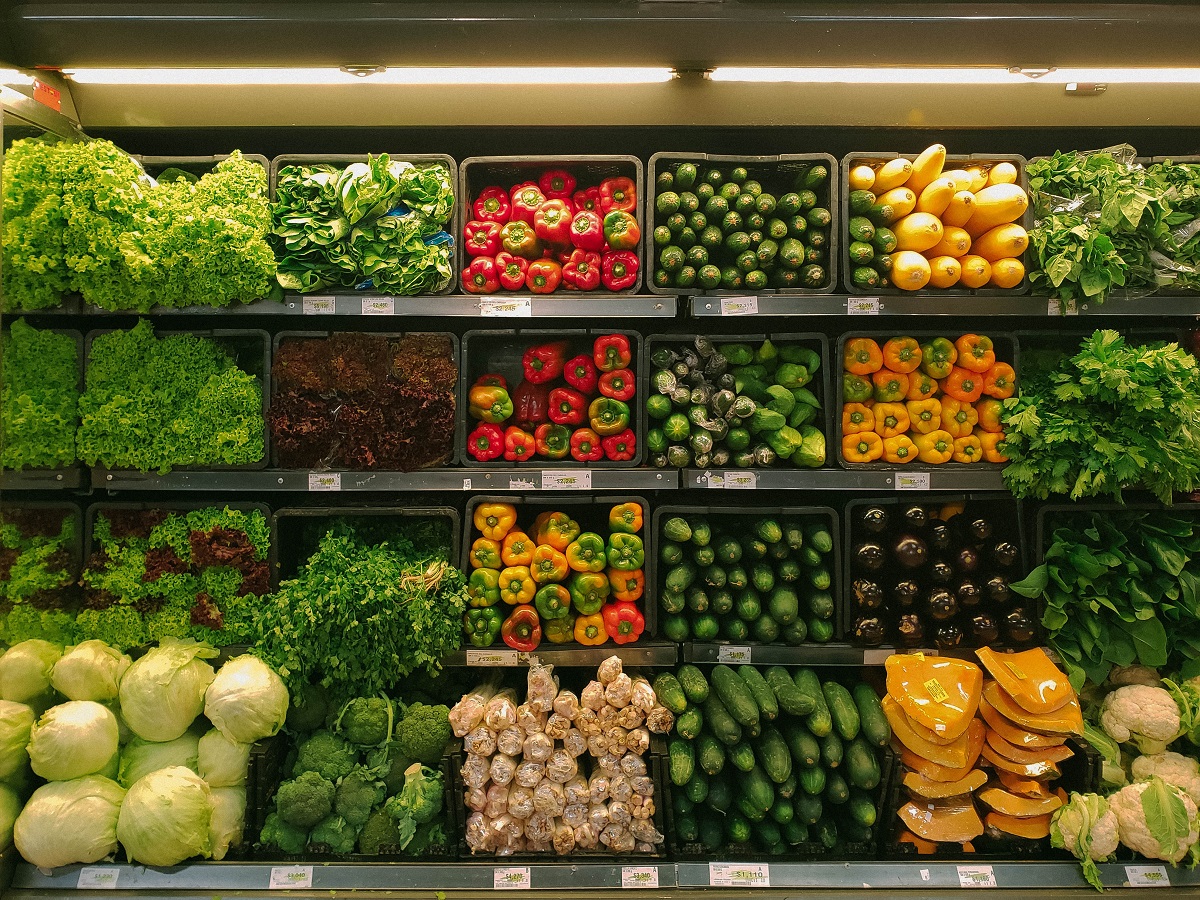Let’s dive into the world of skincare and answer the burning question- are collagen supplements worth the hype? Or just another trend in the ever-evolving beauty industry.
Collagen is naturally produced in the body, and helps maintain healthy skin texture, hair and joints. But as we grow older, the amount of collagen our body produces starts to decline. So, does this mean we should we invest in collagen powders to slow down this process?
The secret to youthful skin – or a sneaky marketing tactic
Collagen for everlasting youth and glowing, radiant skin has taken the beauty world by storm. The promise of firmer skin and joint health sounds oh-so promising. But is it really all rainbows and unicorns?
According to research, collagen powders can indeed benefit joint health. But when it comes to transforming your skin into a Mona Lisa work of art, the evidence falls short. Sure, some research suggests collagen supplements may improve skin elasticity. But there’s a catch. Most, if not all of the studies on the effectiveness of collagen supplements are funded by related industries that could benefit from a positive study result. Sneaky, right?
Figuring out if these supplements are actually worth the splurge can be like solving a riddle without clues. So before you jump on the collagen bandwagon, let’s explore some alternatives.
Side note: Don’t get caught up in what you see on social media. The promise of perfect skin is often hidden with filters.
The real beauty MVPs
In the world of beauty products, the basics often get overlooked. Drinking enough water, wearing sunscreen religiously, and getting a good night’s sleep are essential pillars of a healthy skincare routine.
So, how do you improve your collagen production?
- Wear sunscreen (plus a hat) and don’t forget to re-apply it every 2 hours.
- Aim for 7-9 hours of sleep per night.
- Avoid smoking and secondhand smoke.
- Keep stress levels in check to prevent a decrease in collagen production.
- Exercise Regularly. While the link between exercise and skin quality isn’t fully clear, some studies suggest that exercise may slow down cell activity involved with ageing skin.
These are simple, every-day tips that anyone can do. So please- start here first!
Collagen for skin health starts with the food on your plate
Ever noticed someone with a beautiful, healthy glow? Chances are they’re munching on a rainbow of nutrient-rich foods. So, put down that collagen powder and pick up an orange. Or better yet, a capsicum for a burst of vitamin C!
Collagen boosting foods
Protein-rich foods (fish, poultry, meat, eggs, dairy, legumes, and soy) are thought to support collagen production due to their essential amino acids—glycine, proline, and hydroxyproline.
Our body also requires nutrients like zinc, found in shellfish, legumes, meats, nuts, seeds, and whole grains, to produce collagen. As well as vitamin C. Which you can get from citrus fruits, berries, leafy greens, capsicums, and tomatoes.
Think about the different nutrients in fruits and veggies, each with its own colour. The “eat the rainbow” advice comes from the fact that these diverse colours indicate distinct flavonoids with unique nutritional benefits. By including a range of fruits and vegetables, you’re providing your skin with a variety of nutrients, each contributing in its own way to healthy skin.

So instead of falling for all the wellness wankery, start with the basics. Eat your fruits and veggies, stay hydrated, protect your skin, and get a good night’s sleep. And remember, true beauty comes from feeling worthy and accepted, not from an overpriced powder.
Does healthy eating feel overwhelming?
My Back to Basics app will help take the guesswork out of healthy living. Try it 7 days-free.